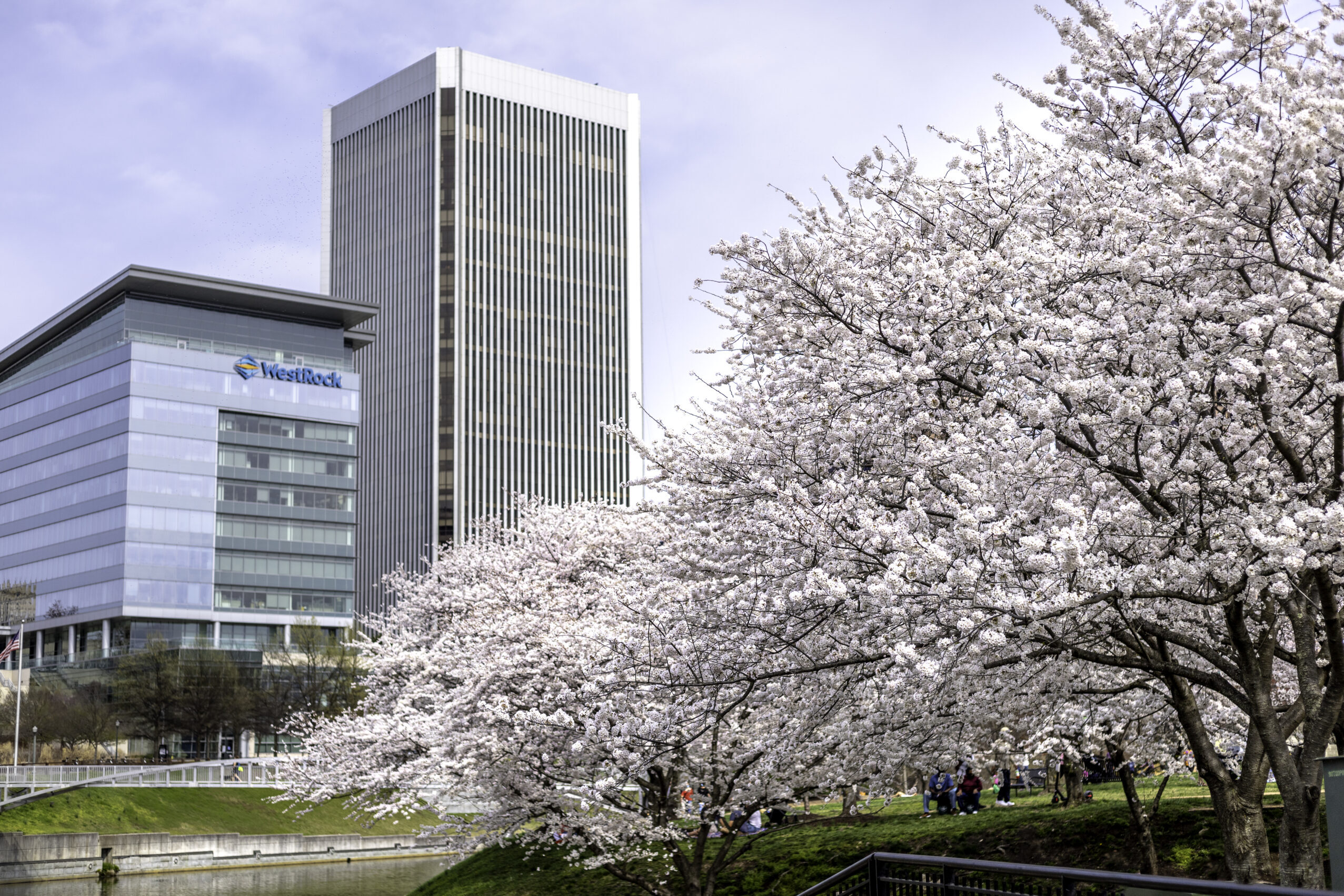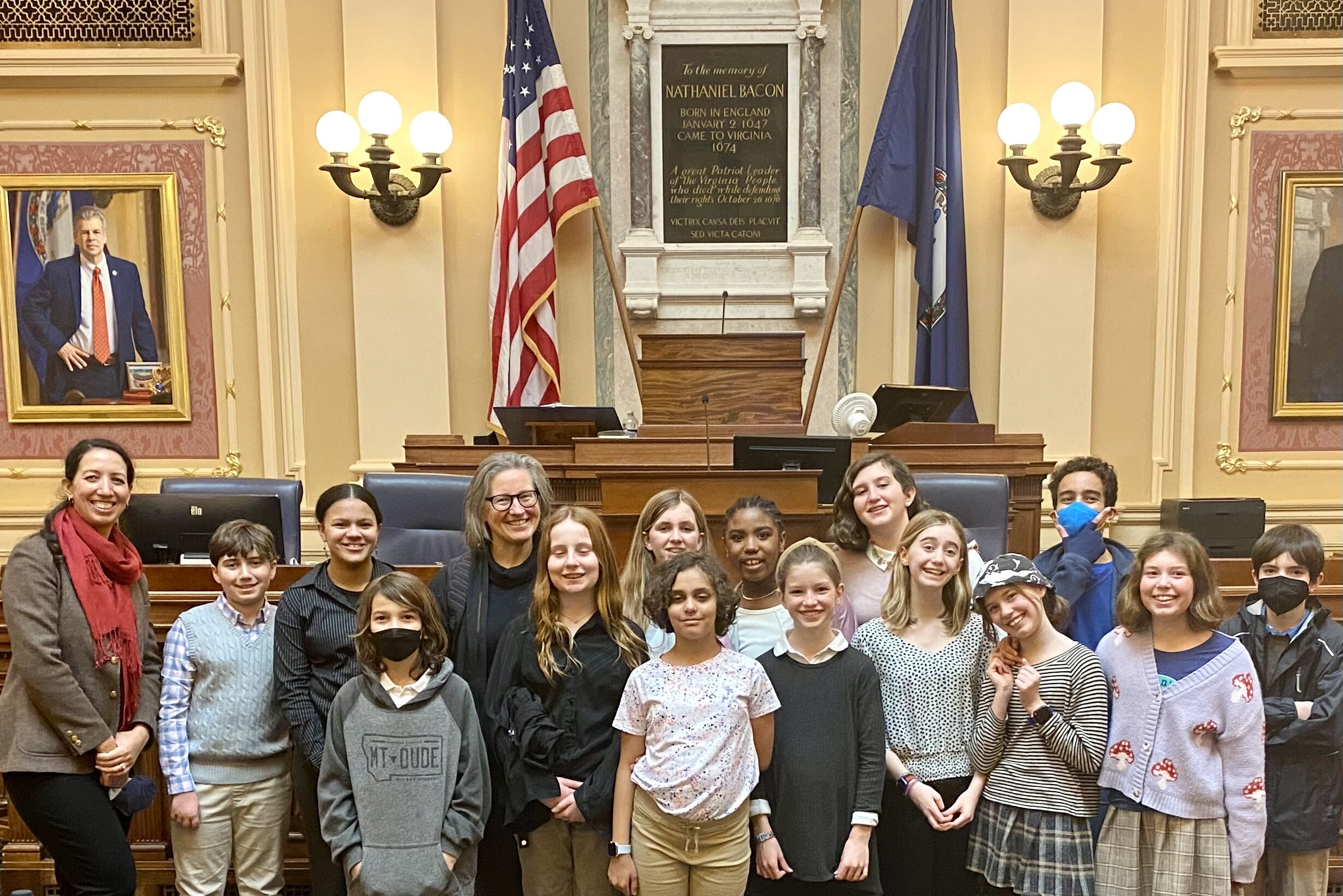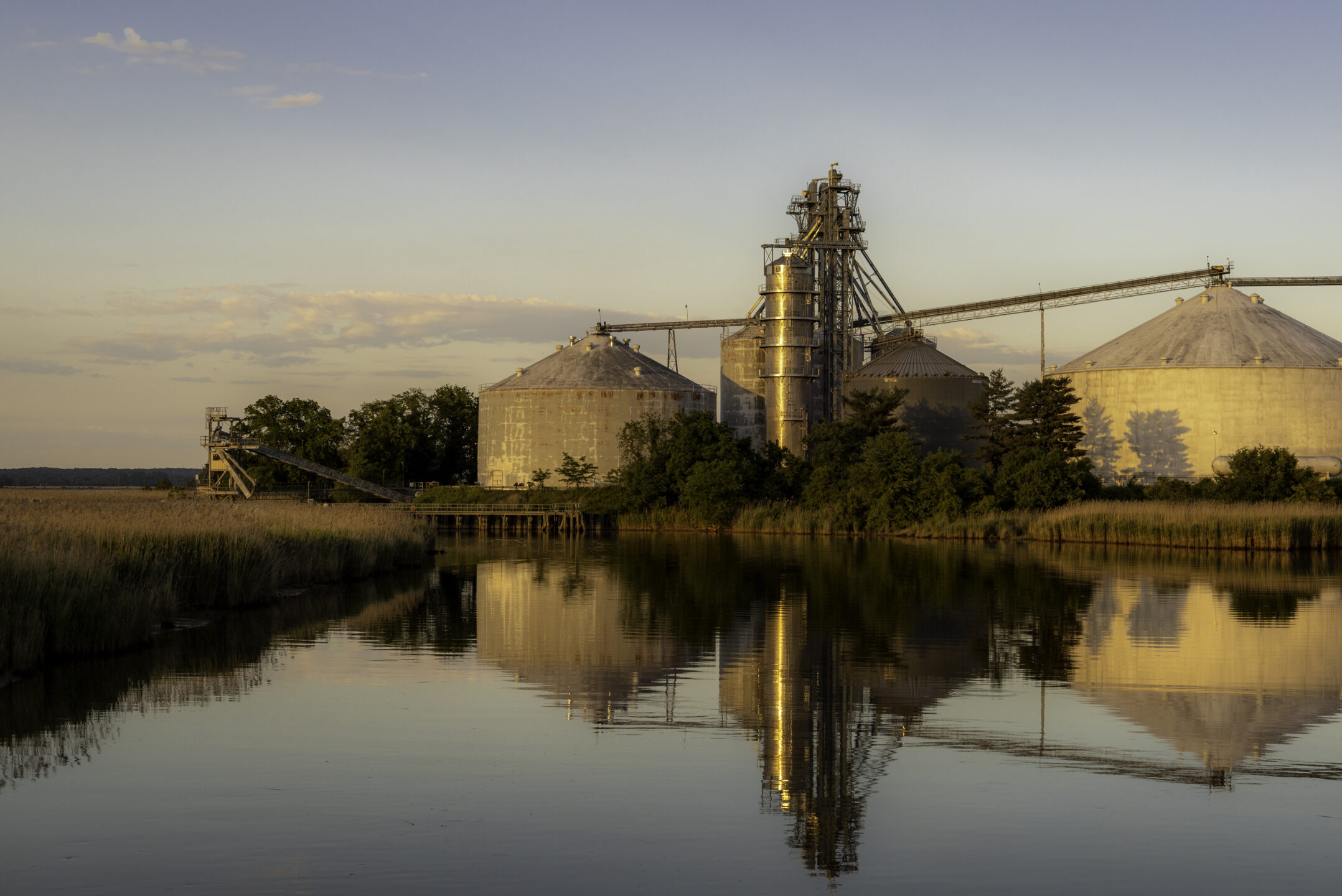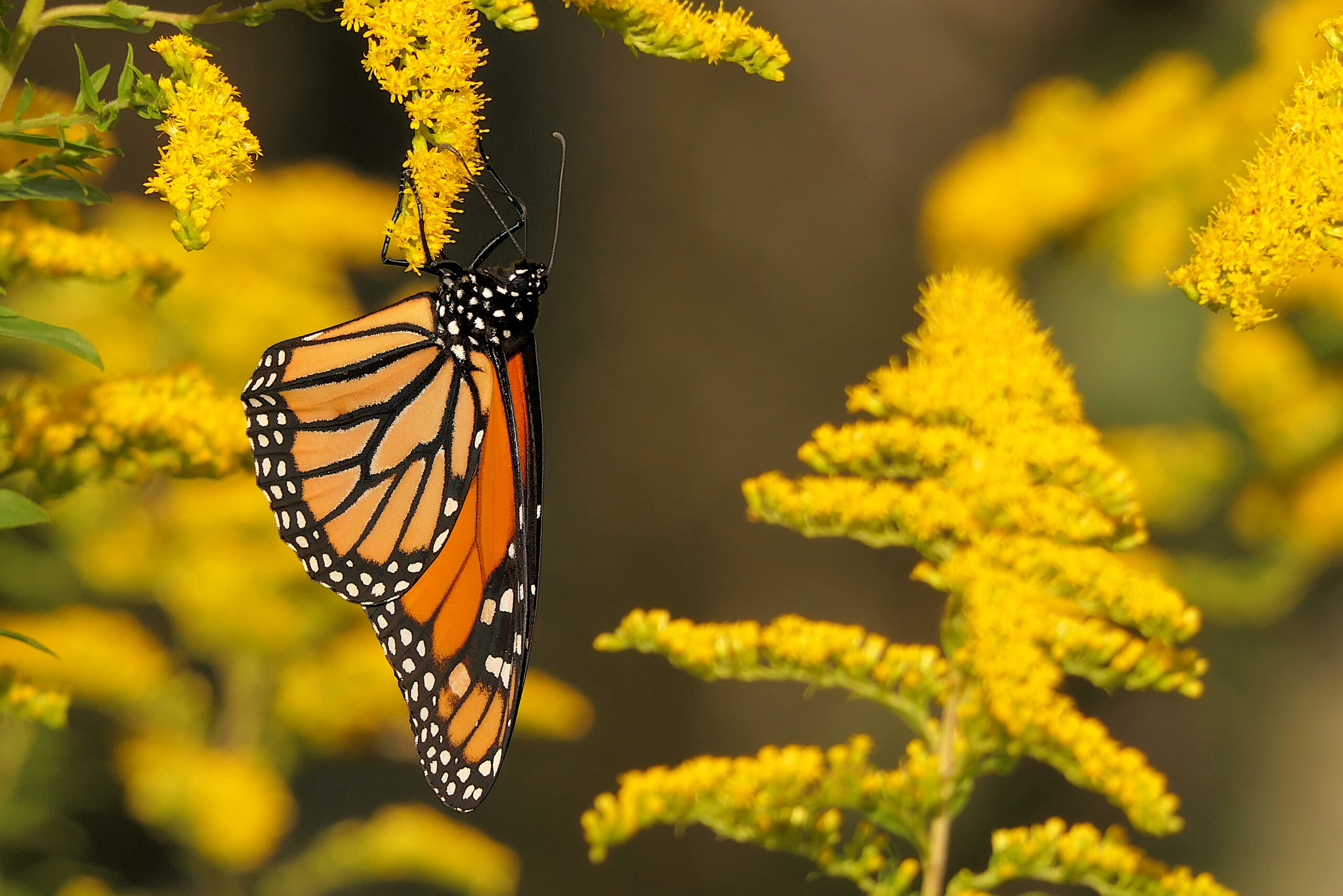Land Use & Transportation Policy: 2023 General Assembly Review
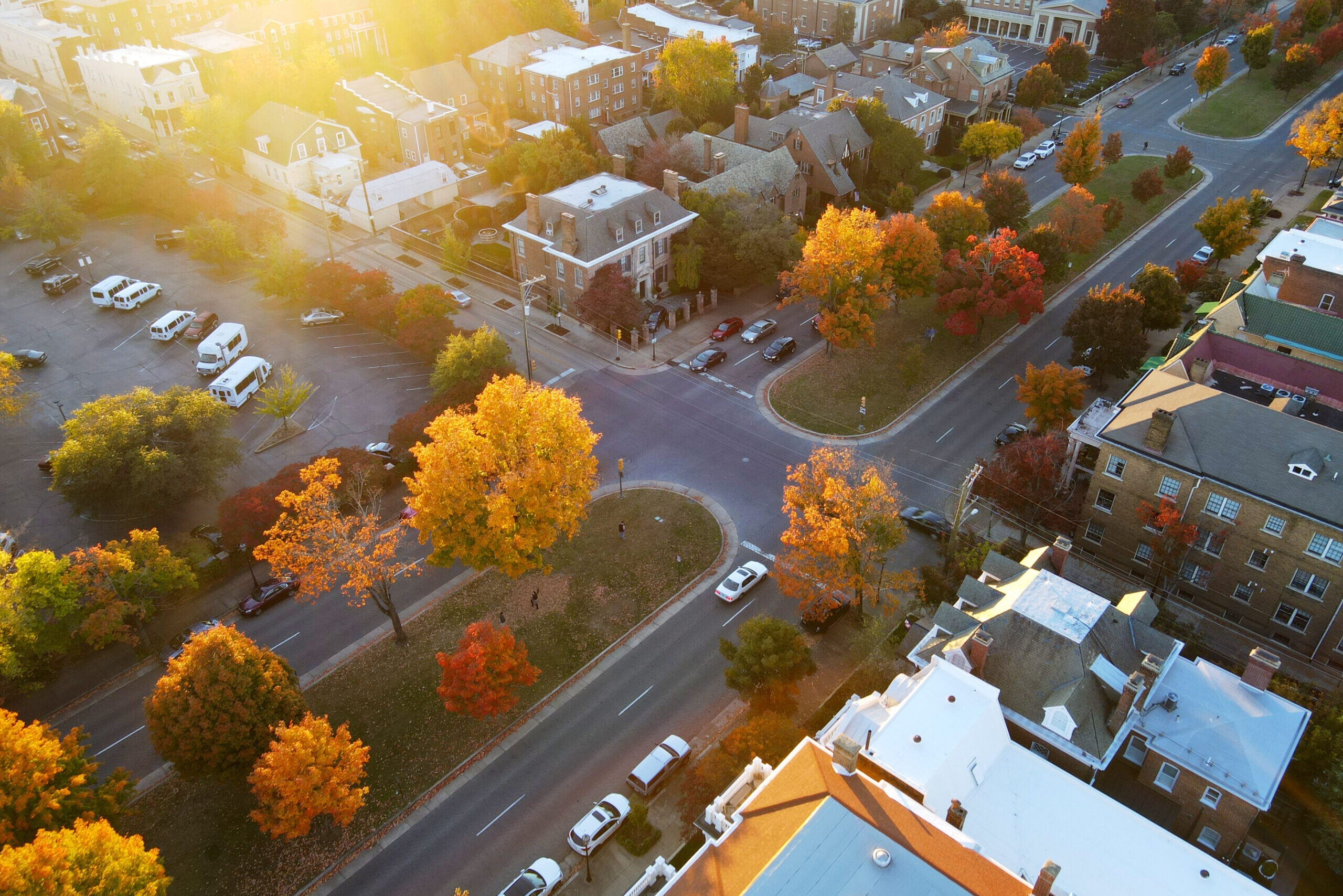
Land Use & Transportation Policy Status
The Virginia Conservation Network tracked over 300 pieces of legislation and took a position on 118 bills this session. To see the status of all of VCN’s tracked legislation and the policy outcomes, see our updated Bill Tracker.
VCN took a position on 35 bills dealing with land use or transportation policy this session, with opposition to 14 bills and support for 21 bills. A majority of these bills were defeated, but with support from our Partners, 7 of our supported bills are on their way to becoming law, and only 2 opposed bills were passed! See the legislation and talking points for these bills in our Land Use & Transportation Policy Bill Tracker below.
One Big Win: Defending Clean Car Standards
Big win: our Network defeated seven bills attempting to repeal or roll back the Clean Car Standards!
Virginia passed the Clean Car Standards in 2021 because it is one of the best ways to cut toxic emissions from the transportation sector, which accounts for more than 40% of Virginia’s total air pollution. VCN and our Partners support the Clean Car Standards because they require manufacturers to send a certain amount of electric vehicles to dealerships, offering consumers greater choice when shopping for a new vehicle. Without this critical climate policy, manufacturers prioritize sending EVs to be sold in other states that adhere to the Standards.
And we’re not the only ones supporting the Clean Car Standards. In a survey, 76% of Virginians support having a policy requiring auto manufacturers to provide a minimum number of new electric vehicles for sale in Virginia — but most still can’t find EVs available at dealerships.
Thanks to strong defense from our Partners, Virginians will have more opportunities to purchase affordable, clean, and reliable electric vehicles. See our Partner’s statements on this big win here.
Virginia Takes Small Steps to Keep Streets Safe for People Who Walk & Bike
Unfortunately, many bills VCN supported to improve street safety for people who walk and bike were defeated. The silver lining? The five bills to re-enact fines and arrests for “jaywalking” were also defeated. VCN opposed the jaywalking citation bills because the policy does not improve safety, unfairly blames pedestrians for their own deaths, and often serves as a pretext for police to search people of color who have committed no true crimes. Ultimately, we’re happy to see the General Assembly not undo the progress made thus far to protect Virginians walking and biking around the Commonwealth.
However, we did have a few small wins thanks to the passage of bills for more urban green space:
- HB1510 & HB2104 authorize localities to grant tax incentives or provide regulatory flexibility to encourage the preservation, restoration, or development of urban green space including greenways for people who walk and bike.
- HB2041 & SB807 protect landowners from liability who allow the development of pedestrian access across private land or conservation easements. This policy will improve connectivity and access to open space.
Next year, we will continue to advocate for policies to make walking and biking safer and more accessible. While the following measures died this session, we will continue to gather support for policies that:
- Enacts “the Safety Stop” – allowing bicyclists to yield at stop signs (this can reduce crashes at intersections by 23%)
- Allowing localities to reduce speed limits for pedestrian safety
- Allowing bicyclists to proceed on walk signals from a bike lane, giving them a head start on drivers and reducing conflicts with walkers on sidewalks
Thank you to our Partners at the Virginia Trails Alliance, the Virginia Bicycling Federation, Northern Virginia Families for Safer Streets, and Bike Walk RVA for your leadership on this important issue.
Good and Bad News for Transit Funding
Let’s start with the good news: the bills to amend the Transit Ridership Incentive Program (TRIP, HB2338 & SB1326) passed the General Assembly and will fund improvements to bus stop infrastructure and the transition to zero-emission buses!
TRIP was developed in 2020 to help transit providers pay for upgrades that don’t fall into typical capital or operating expenses. The original two eligible uses of TRIP funding were:
- To support the regional connectivity of urban areas with a population over 100,000;
- To reduce the barriers to transit use for low-income riders via the zero or reduced fare program.
Recently, the Transit Equity and Modernization Report called for electrifying buses and infrastructure improvements to make transit access safer and more comfortable by adding sidewalks, benches, shelters, and improved ADA accessibility around stops. The General Assembly’s amendments to TRIP will now allow up to 30% of the program’s funding to go towards improvements to bus stop infrastructure and planning assistance for transit agencies transitioning to zero-emission buses.
The bad news: the bills allowing the Governor or certain lawmakers to redirect General Funds toward pet highway projects through the Transportation Partnership Opportunity Fund (TPOF, HB2302 & SB1106) also passed the General Assembly.
The original bill language created this Governor’s slush fund to circumvent SMART SCALE — an objective transportation prioritization system created in 2014 to avoid General Fund money being spent on unnecessary highway projects that already have a dedicated and record-high revenue stream. However, our Partners coordinated amendments to TPOF that added some guardrails and guidelines to the slush fund, including requiring approval from the Chairmen of the Senate Committee on Finance and Appropriations and the House Committee on Appropriations for amounts over $5 million and a cumulative cap of $35 million on such funding.
Thank you to our Partners at SELC, CCAN, Virginia Interfaith Power and Light, Virginia League of Conservation Voters, and the Virginia Transit Association for leading advocacy for good transit funding.
Emerging Need to Protect Our Environment from Data Centers Development
Virginia is home to the largest concentration of data centers in the world, hosting 70% of global internet traffic, but the Commonwealth currently has no regulatory oversight of data center development. Data centers consume massive amounts of energy, land, and water resources that span across all of our work:
- In Virginia, data centers make up 20% of Dominion Energy’s power load
- A data center consumes up to 3-5 million gallons of water daily – the equivalent of a small city’s annual consumption.
- Data centers require massive amounts of land – one $35 billion proposal in Prince William County is planning for 27 million square feet of data centers, the equivalent of 150 Wal-Mart Supercenters
- In order to ensure grid reliability, DEQ’s proposed variance would give data centers cart blanch to use diesel-powered generators
VCN and our Partners pursued a study bill this session asking the Commonwealth to research the impacts of the huge and rapidly-growing data center industry on Virginia’s environment and residents. Unfortunately, despite the strong grassroots support, all of the bills we fought for were ultimately defeated.
MORE 2023 GENERAL ASSEMBLY POLICY REVIEWS
See policy reviews for our other issues areas from the 2023 General Assembly session below:

